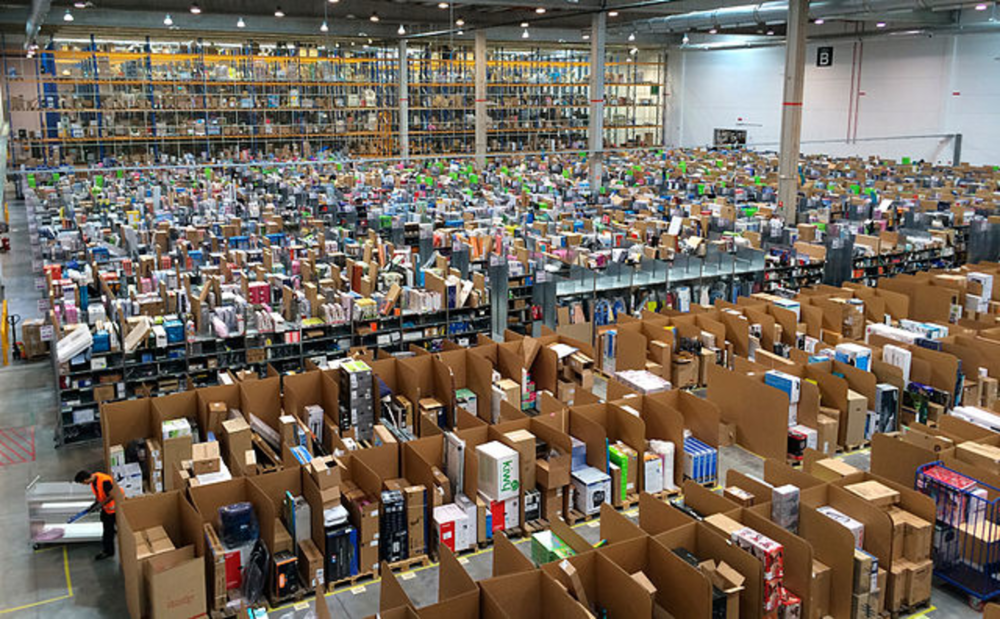Amazon changed the face of commerce and now, it appears, they are trying to change the face of the shipping industry.
Bloomberg Businessweek released a report by Devin Leonard, entitled “Will Amazon Kill FedEx?” on Amazon’s growth and its effects on the shipping industry.
With 40 Boeing jets and two-hour delivery service, Leonard highlights Amazon is quickly becoming not just a competitor to the United Parcel Service and FedEx Corp. but a real threat.
Here are DMN’s five takeaways from “Will Amazon Kill FedEx?” and the Seattle based company’s impact on the shipping industry.
Amazon is more than just ecommerce
UPS or FedEx continue to deny the threat of Amazon to their business. On a conference call in February, UPS CEO David Abney was diplomatic: “Amazon’s a good customer of ours. We have a mutually beneficial relationship.” In their defense, these sort of comments could be a public relations front, allowing the Seattle-based company to continue using UPS and its services. However, with the lease of 40 jets, Amazon is clearly building a delivery service. Amazon also has a market capitalization about $366 billion, which is roughly equal to the combined worth of Walmart, FedEx, and Boeing. These facts alone should be enough proof to UPS and FedEx that Amazon is a threat.
Fast as fast can
Ecommerce is only getting faster. In many large cities, Amazon subscribers can now get free two-hour delivery on more than 25,000 items they might otherwise have bought at Walgreens or 7-Eleven. And for an additional fee of $7.99, some products can be delivered within the hour. Amazon opened 28 sorting centers, 59 delivery stations, and more than 65 Prime Now hubs. It is evident if an ecommerce company intends to be successful, it needs to consider how and when the product is shipped to the customer.
Amazon of the future
The key to success in ecommerce is not the company’s ability to innovate, but how and when they deal with innovation. Amazon, according to a report released by Deutsche Bank in June, will use not only 767s and container ships, but the Seattle based company may use self-driving trucks and drones. These delivery tactics, if utilized, would provide Amazon a functionality like any other ecommerce or delivery service.
It’s sometimes cheaper to do it yourself
In 2005, Amazon Prime attracted an estimated 8 million members in five years, according to Deutsche Bank. The company, in order to fulfill the free two-day delivery promise, used costly expedited services at FedEx and UPS. With time though, the company realized the costs associated with the services, and decided to create an alternative. The alternative required the company establish its own delivery service, providing a template for the ideal scenario for an ecommerce company.
Where there’s smoke, there’s fire
Ecommerce has altered the perception of shopping at brick-and-mortar outlets, and its stands to revolutionize the shipping industry. In 2015, Amazon sold an estimated 7.2 billion items. Four years from now, internet industry analyst Gene Munster, said to Bloomberg Businessweek, Amazon should sell 12.6 billion. These products will have to be delivered and shipped. Will Amazon use both in-house and FedEx/UPS services? Or will demand of this magnitude require a bolstered shipping and delivery service? And if it does, will it change the shipping industry for good? Sure seems like it could. Perhaps it already has.







